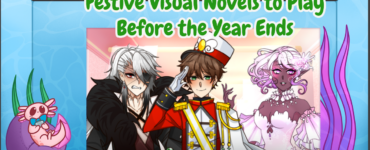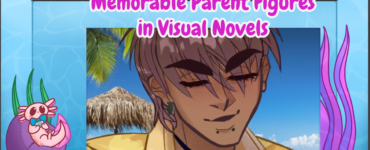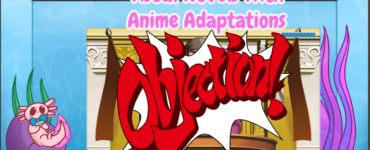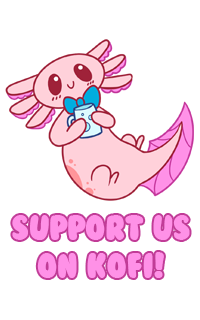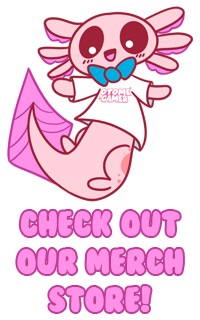When I started playing visual novels over ten years ago, I was mesmerized by what the medium can do. Even today, visual novels manage to surprise me with just how good they can be. Through the years, I’ve started to realize just how important a game’s writing is. That should be obvious, since visual novels are essentially choose-your-own-adventure games with pictures. However, I think there’s a group of people who believe that having a large word count automatically makes your game great, when in reality, it can hurt your game.
Not Everything Needs to Be Described in Detail
Let me explain what I mean. Let’s say your game has 100,000 words in it. The average novel is 90,000 words, so that’s pretty impressive. I’ve even seen a game advertise that it has 500,000 words! A half million words? Wow, that’s even more impressive! Having a large word count does mean your game will be longer, so you can guarantee that your player will at least get a bang for their buck in terms of playthrough length. However, is what they’re reading actually any good? Let me explain what I mean by this.
Let’s say that there’s a visual novel out there with a large word count, maybe 600,000. When the game starts up, the main character is at their everyday 9-to-5 office job. Okay, that’s fine. You’re establishing your character with that. Now the player knows the main character works at a mundane job that they probably hate. Then the game goes onto describe their tasks. Okay, odd choice. Then, the game begins to describe every single little detail about the paperwork. “Oh, Janet needs this environmental report about the recent spillage at one of the gas stations located in Easton, Connecticut. According to the report, there was a 24-gallon spill. Hm, I wonder what I should include?” Okay, stop. Who wants to watch a character go through paperwork or any boring task at work? You can describe a grocery store employee taking out bad products, and having a conversation about said products, and it would still be boring. There’s doing nothing but having something move the plot forward, and then there’s doing nothing just to increase your word count.
“Kristi, does having a large word count mean that visual novel is bad?”
Nope. The Fruit of Grisaia‘s English translation is about 1 million words. Umineko: When They Cry‘s English translation is over 1 million words if you combine both the Question and Answer arcs’ word counts together. Even Ace Attorney, one of my personal favorite video game series, apparently averages out at 200k words per game in the English translations. However, it never seems like it! I think that’s because every line has a purpose, whether it’s for plot or just a three-line joke about whether a ladder is a stepladder or a ladder. The game is constantly moving, keeping the player engaged in what’s happening. Even if there’s nothing really going on, something is at least happening. These games don’t go into hyper-detail about the tiniest of things that honestly don’t need to be talked about. Phoenix doesn’t go on and on about the office plant Charlie.
I’ve played great visual novels that were super short, too. The Shadows That Run Alongside Our Car is a relatively short game that’s set entirely in one location, but its story has still stuck with me ever since I played it almost five years ago.
Conclusion
At the end of the day, word counts don’t make a game great. Games aren’t school assignments where you need to reach a certain word quota. Word counts shouldn’t be a selling point, either, because like I said before, a game can have over hundreds of thousands of words and still not make a compelling narrative with that long script. What game developers need to do is focus less on how many words their game has and more on making the quality of their writing good, because no number of words will convince a player to keep playing if the story isn’t good.



